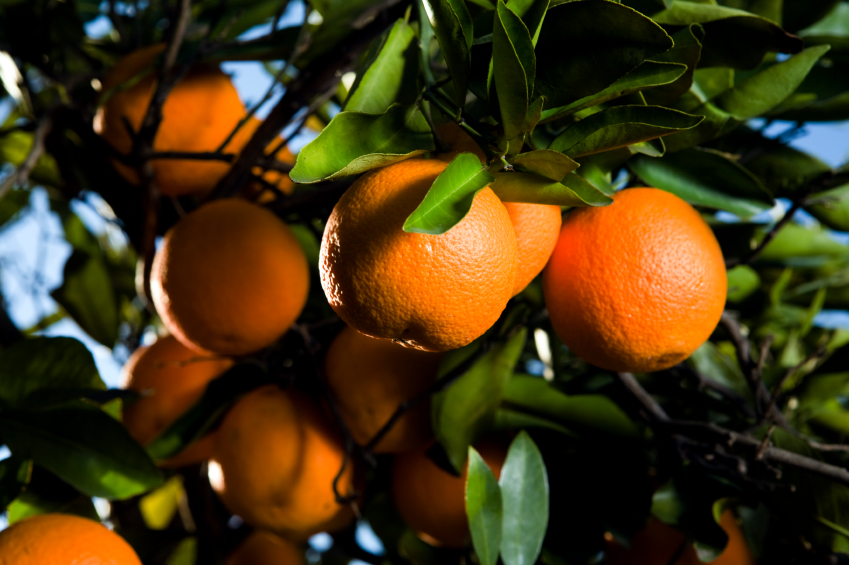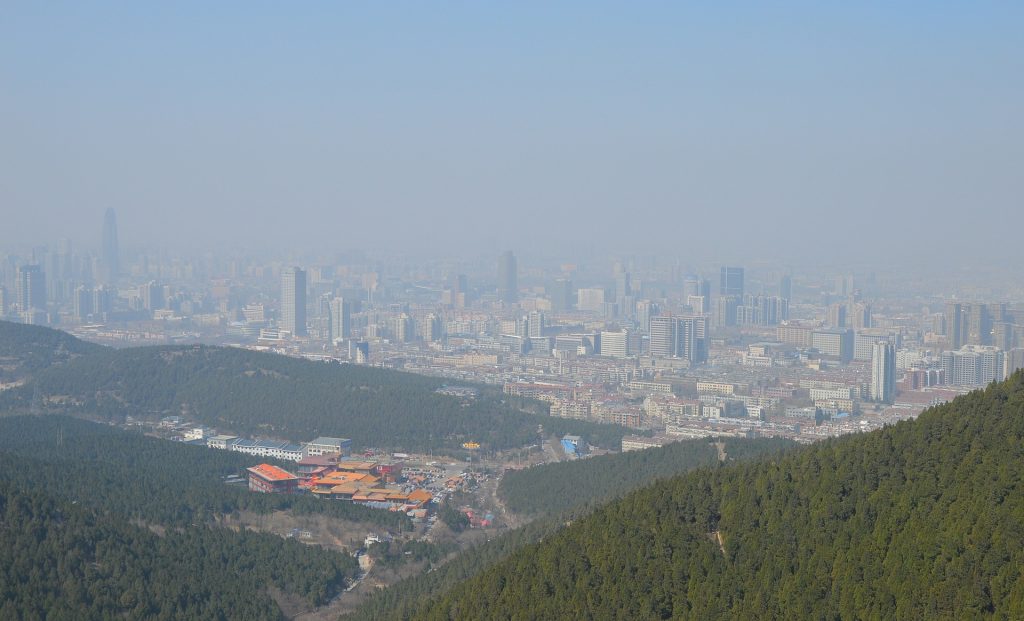A Q&A with the editors of CABI One Health
While drafting the inaugural Editorial for CABI One Health, an interesting discussion took place within the Editorial Board. We share some of these thought-provoking points in the form of a Q&A with Editor-in-Chief Jakob Zinsstag and Deputy Editor Lisa Crump.
CABI’s 2019 books of the year
As the end of the year approaches, here at CABI we’re taking the time to reflect on some of our favourite books of 2019. Covering a wide range of subject areas, titles have made it on to this list for various reasons, from hotly anticipated new editions of popular titles, to innovative research in brand…
The history of cultivating citrus
By L Gene Albrigo Citrus is one of the most important exported fruit crops. Large plantings in countries bordering latitudes 20 south and north and in-between provide fresh and processed citrus for the more populated northern European and American countries as well as other large populations around the world. Citrus has also been a cultivated…
Truly international expertise on tomato production
By Rachael Russell Ep Heuvelink’s Tomatoes is part of CABI’s Crop Production Science in Horticulture series. First published in 2005, it became an essential resource for growers, extension workers, industry personnel, and horticulture students and lecturers. Since then, our knowledge on tomato has greatly increased; tens of thousands of scientific papers have been published and…
What do bees ‘see’ and how does it inform our understanding of vision?
By Adrian Horridge, F.R.S. Bees are familiar to all, and tests to discover what they see can be repeated in any temperate part of the world, requiring little basic science but lots of thought to grasp this anti-intuitive but wonderfully adapted newly described visual system. In advance of World Bee Day on the 20th May,…
Cultures don’t meet, people do: Ethnocentrism and essentialism
By Arjan Verdooren There is a goal that virtually all methods and models of intercultural communication have in common – explicitly or implicitly. This goal is countering ‘ethnocentrism’: the tendency to assume one’s own worldview as normal and natural, and judge others on the basis of this worldview. Ethnocentrism is associated with closed-mindedness, inflexibility and feelings…
TEFL Tourism: Author Interview
There is evident lineage between the concepts of teaching English as a foreign language (TEFL) and tourism, represented through evocative marketing material, the commoditisation of the TEFL product, teacher motivations and experiences. Yet, to date there has been no recognition of these links within industry or academia. With this in mind, Dr Hayley Stainton has…










